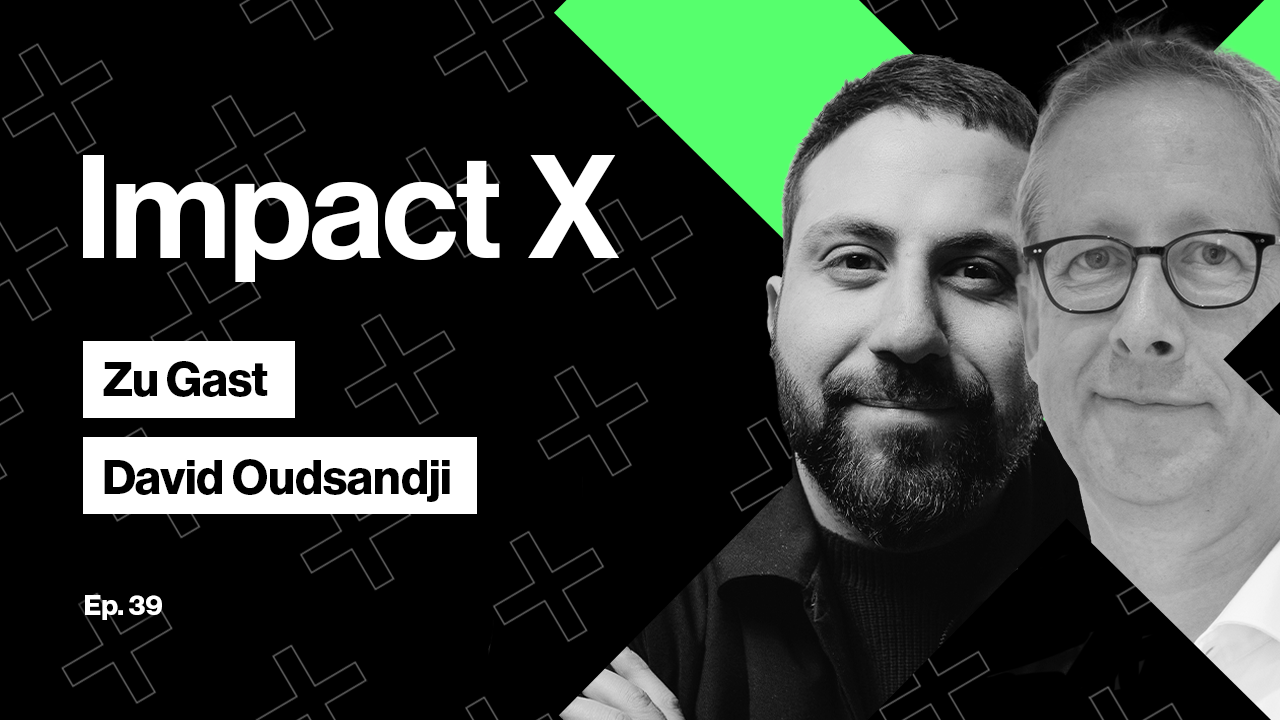ESG – these three letters play a major role in various issues relating to sustainable development. Too big a role, in my opinion.
With the “do less harm” principle, the aim of ESG’s sustainability strategy is to make the world a better place. The core idea is based on the logic of improving the state of the environment by reducing harmful human activity. This idea is implemented via various reporting frameworks, such as the Global Reporting Initiative, the Task Force on Climate-Related Financial Disclosures,, the Sustainability Accounting Standards Board and several others.
Although these reporting frameworks focus on different aspects in detail, they all have one thing in common: They are all intended to master the highly complex task of evaluating a company with a single key figure under the enormously diverse aspects of environmental, social, and good corporate governance. A realistically impossible undertaking and susceptible to the respective politics and interest groups behind the frameworks. However, the EU wants these scientifically highly dubious indicators to be used to steer capital flows.
ESG is state-sponsored cancel culture
The EU’s Sustainable Finance Disclosure Regulation, which was introduced in 2021, requires asset managers to report on their investments using ESG frameworks. What sounds nice on paper and is supposed to ensure transparency for end customers actually leads to a cancel logic for companies that are operating with existing, old, tried and tested or perhaps even outdated business models. One could therefore also speak of state-sponsored discrimination or active blacklisting.
The actual idea is to actively promote and support new business models that are positively aligned with ESG logic. However, the intended side effect also means that existing companies in sectors that are no longer that trendy find it more difficult to raise capital and have to pay higher interest rates. As a result, investors avoid these companies and no longer invest in such models or actively reinvest their capital if they have already invested.
In existing companies that cannot simply adapt their business model, there is therefore a deliberate, active, and disproportionate destruction of value for shareholders.
ESG closes spaces for active change and transformation
A look at some of the companies affected shows how long and far-reaching this list is, but also which companies surprisingly are not included. While numerous energy companies such as ENBW, Vattenfall, RWE, and Total are suffering from this development, as are car manufacturers such as Volkswagen, Mercedes, and BMW, software companies are not on the list. On the contrary, this development even puts Google, Microsoft, and the like in a good light, regardless of the chosen framework.
If you break down the logic behind this, it becomes clear that the ESG strategy actively closes spaces for improvement and change. If, for example, a company like RWE, which 50 years ago had the desired and promoted self-sufficient energy policy of Germany as its core business model, now wants to take a different and, above all, more sustainable path, this company is actively denied the opportunity for transformation. It is doing so by having to pay a higher interest rate for a wind farm investment than a newer company with a better ESG score. No matter how hard RWE tries, and the fat that it can emphasize that it is on the right track and already produces and sells 20 percent of its energy from renewable sources. This leads to nothing other than being accused of hypocrisy.
Change and a positive transformation of existing companies is thus systematically prevented by the EU through regulation and by interest groups by focusing on the negative. This effect is only reinforced in society at large by the media portrayal of the whole thing.
Is an RWE wind farm worse than one built and operated by a green energy provider?
Is this a good signal for change towards a better, positive world? With these negative narratives, we are destroying the trust needed for positive change.
ESG is arbitrary
The ESG system is neither effective nor scientific. It does not move us forward and, on the contrary, is a brake on the path to positive development in which innovative and transformation-oriented projects are promoted. The decision as to which company receives a better ESG score is not based on any objective criteria.
An example illustrates this problem: According to the ESG evaluation catalog, BMW and Mercedes receive large deductions in the environmental area due to the production of combustion engines. The areas of social responsibility and traceable processes, on the other hand, are rated positively. Tesla, on the other hand, does well in the environmental area, but has major weaknesses in the governance area. So, who gets the better ESG score? Who is better or less bad for the planet and for us humans?
In fact, this decision depends on the chosen narrative, i.e. the current story. The whole thing cannot be decided from a scientific, objective and, above all, unambiguous point of view. However, there is no question that all of this makes it extremely difficult to positively channel commitment towards worthwhile innovation and transformation projects.
ESG is not the solution
As consumers, we consumers can vote with our feet. We can buy a product and a service, or actively choose not to. As consumers, we are in a position to consciously choose a more expensive product that we think is more durable, of higher quality or better for the planet.
ESG affects product decisions and financial decisions, i.e. which companies we want to and should invest in with our pension provision and capital. ESG acts primarily as a selector and filter of negative factors, i.e. it approaches decision-making with the fundamental question “Who is less bad?”. But are these really the questions we should be asking ourselves when deciding for or against a financial product? Isn’t it more about making a consciously positive decision with our funds, ETFs, or direct equity investments rather than just a less bad one?
We need good system design and participation
Oliver Heart, Nobel Prize winner in economics from Harvard, has developed an interesting proposal in this regard. If a company actively wants to behave positively or plans to transform its existing business model in a more positive direction, then shareholders could be asked to vote on it. The company can actively put such improvement or transformation projects to a vote. This allows existing companies that want to change to invest part of their profits in their own transformation.
Heart assumes that there are certainly investors who trust the company and invest part of the return for a future higher company value after the transformation by foregoing profit distributions today. Similar to what many people are already doing today when they have a solar system installed on their own roof – not always completely rationally.
With his exit vs. voice approach, Oliver Heart makes a concrete proposal as to how we can actively involve investors in the future and innovation projects of listed companies by also giving small investors a framework for shaping the future via their proxies.
This is an important step towards creating impact in our world with positive and active developments.
If you would like to delve a little deeper into Heart’s proposal, you can find more background information on the topic in the publication entitled “Exit vs. voice” by him and two other academics.
We don’t need a cancel culture
A look into the future with ESG shows that existing companies may still be able to satisfy the list of criteria, but they will receive poorer ratings and therefore poorer access to capital. If these companies are listed on the stock exchange, they will receive less inflow of funds into their shares and therefore a lower valuation on the capital market. And it is precisely this development that is intended by ESG logic, which clearly follows the principle of cancel culture.
Existing companies therefore find it much more difficult to transform themselves thanks to ESG. This means that ESG not only harms these companies, but the entire planet. Innovation in existing companies is a decisive factor on the path to a progressive and sustainable future, and we should not stand in the way of this with an arbitrary catalog of criteria. It is not enough if this catalog is only aimed at doing “less wrong” instead of “more right”.



